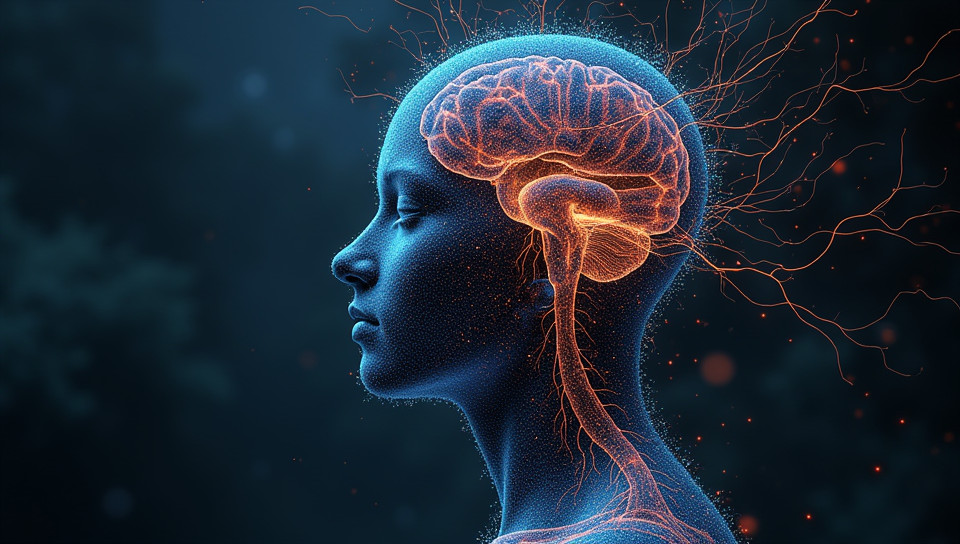The nervous system seeks out patterns by nature 100%

The Nervous System's Fundamental Drive
Have you ever stopped to consider the intricate workings of your nervous system? From the moment we're born, our brains are wired to seek out patterns in everything from the world around us to our own thoughts and emotions. This drive is a fundamental aspect of human nature, and it plays a crucial role in shaping our experiences, perceptions, and decisions.
The Pattern-Seeking Brain
Our nervous system is designed to recognize and respond to patterns because they provide a sense of order and predictability in an otherwise chaotic world. By identifying patterns, we can better understand the relationships between different elements and make more informed choices about how to interact with them. This ability has been essential for our survival as a species, allowing us to adapt to changing environments and develop complex social structures.
The Science Behind Pattern Recognition
Research has shown that pattern recognition is an automatic process that occurs at various levels of the nervous system, from the sensory cortices in the brain to the spinal cord and even the peripheral nerves. When we encounter new stimuli, our brains rapidly scan for familiar patterns, which can be visual, auditory, tactile, or even emotional in nature.
Why Patterns Matter
Patterns matter because they help us navigate the world more efficiently. By recognizing patterns, we can:
- Learn from past experiences
- Anticipate future events
- Develop habits and routines
- Understand complex systems and relationships
- Make better decisions based on evidence and probability
The Broader Implications of Pattern Recognition
The significance of pattern recognition extends far beyond our individual experiences. It plays a critical role in many fields, including science, art, music, literature, and philosophy. By recognizing patterns, we can:
- Develop new theories and models to explain complex phenomena
- Create innovative works that resonate with others
- Improve our understanding of the world around us
Conclusion
The nervous system's drive to seek out patterns is a fundamental aspect of human nature, essential for our survival and success as individuals and societies. By embracing this innate ability, we can unlock new insights, develop creative solutions, and navigate an increasingly complex world with greater ease and confidence. As we continue to explore the intricacies of pattern recognition, we may uncover even more remarkable aspects of the nervous system's incredible capabilities.
- Created by: Kelly Clancy
- Created at: Oct. 14, 2024, 4:41 a.m.
- ID: 12654







